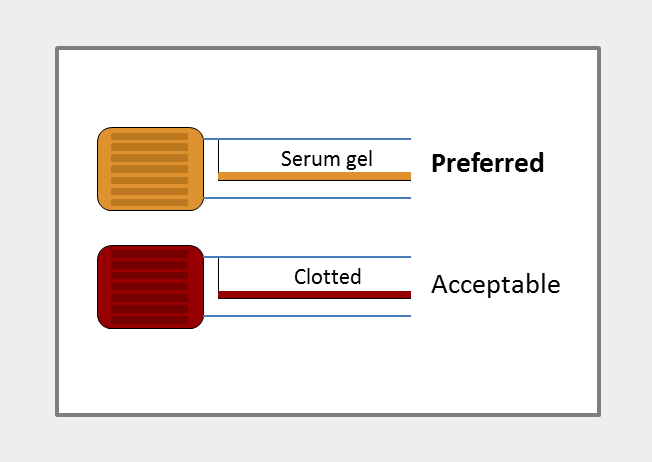|
Sex |
Age |
CK Range (IU/L) |
|
Female |
0-12 Years |
68-293 |
|
Female |
13-17 Years |
48-200 |
|
Female |
≥ 18 yrs |
25-200 |
|
Male |
0-12 Years |
68-293 |
|
Male |
13-17 Years |
90-354 |
|
Male |
≥ 18 yrs |
40-320 |
Note, CK reference ranges are derived from Caucasian populations and may be up to 2x the upper reference limit in other ethnicities.
Results outside the reference range do not necessarily indicate disease. Similarly, results within the reference range do not preclude abnormality. Please contact the Duty Biochemist for discussion of individual patient results.

